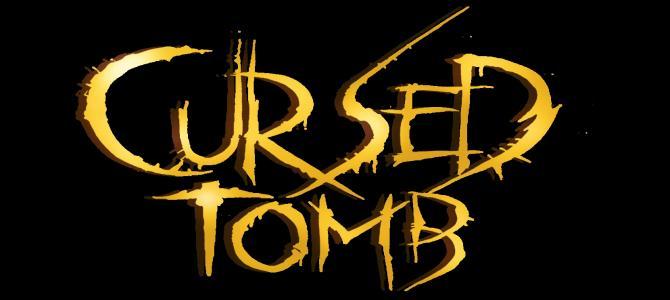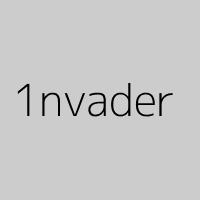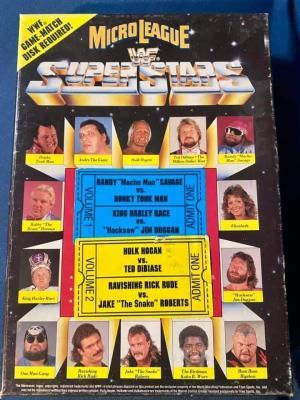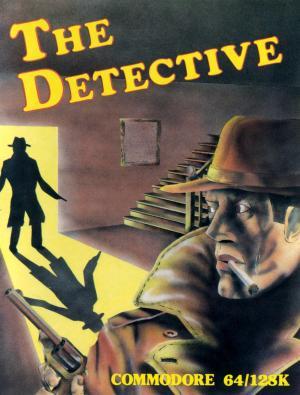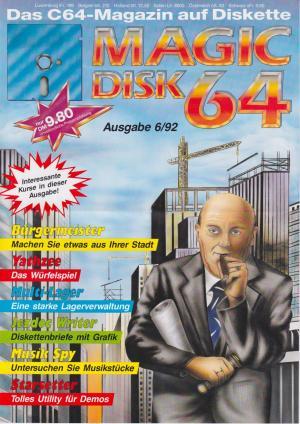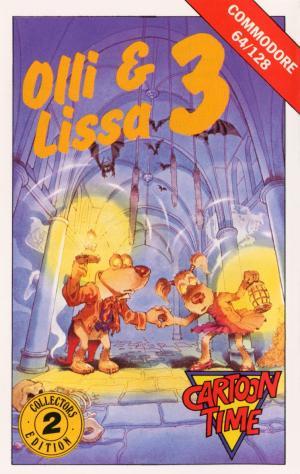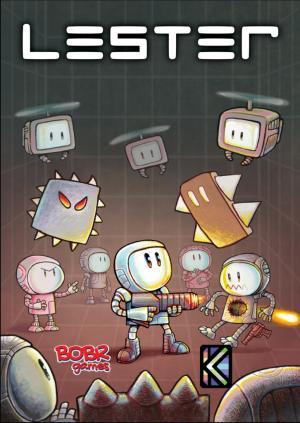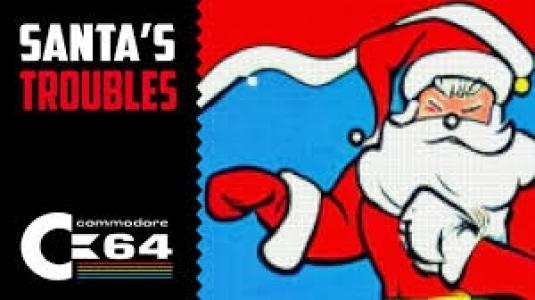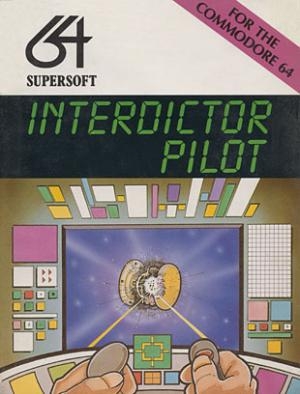
| Console: | Commodore 64 |
| TV Standard: | Region Not Set |
| Publisher(s): | SuperSoft |
| Release Date: | 1985-01-01 |
| Players: | 1 |
| Co-op: | No |
| ESRB: | E - Everyone |
| Type: | Action, Flight Simulator |
The Ultimate Space Game
The background idea of Interdictor Pilot is not novel. The player is flying a space fighter called Interdictor Mark II. After taking off from home starbase he has to traverse space at light speed until such time as he meets an opponent. When this occurs he is automatically taken out of light speed, does battle and, if successful, re-enters light speed until the next encounter. After a certain distance through space -- depending upon his rank at the time -- he will arrive at the first starbase, dock and report in, saving a record of his achievements, or otherwise, to disk or tape. If all goes well and he is sufficiently skilled he will progress through the ranks of SUb-Lieutenant, Lieutenant, Lieutenant-Commander, Commander, Captain and finally, Commodore. So far as is known, no-one has achieved the latter rank, including the author. The higher the rank, the greater the length of time during transits between starbases and the more frequent the contacts with the enemy.
The above is a not uncommon, even perhaps rather mundane, description of a space flying/fighting game. What makes Interdictor Pilot the fantastically interesting and fascinating pastime that it is, is the way in which the author has built on the basic theme. For instance, for a TRS-80, we think that the graphics are a little short of miraculous. Actually this is probably not too surprising because Interdictor Pilot is written in machine code and occupies the full 16K. As an example of the graphics . . . the large section in the middle entitled "Vision Screen" is the pilot's view into space. When leaving or arriving at a starbase a three dimensional tunnel appears, through which the pilot must navigate. When leaving he is, of course, taking off from zero velocity, and is therefore nicely aligned, hence a few touches of the controls here and there will keep him on the straight and level out of the tunnel. When arriving at a starbase, however, the position is drastically changed. The opening of the tunnel is displayed and it is for him to manoeuvre himself so that he not only flies into it, but also along it. In view of the fact that the aircraft is proceeding at a very fast speed, this small part of the game is no light achievement on its own. Normally, however, as we have said, the vision out through the screen is of space and this is really most amazingly realistic. The heavens seem to proceed across the screen almost exactly as one would imagine in real life.
Interdictor Pilot comes with what are effectively two separate manuals. The first is a short page or so prepared by Molimerx on how the program is loaded and the idiosyncracies of it when used on Tandy Model I and III machines. This section is complete with instructions for a very quick demonstration flight. The main part of the manual is a fully illustrated and document written in "real time". It assumes that you are a novice pilot that has just been given your first Interdictor Mark II and it takes you through the craft description of both the Interdictor Mark I and the newer Mark II, plus the theory and practice of the deflectors, propulsion, stabilisers, Saturn array, Lewis array, weapons systems, cockpit display and light speed drive. The next section of the manual goes through, in great detail, the cockpit display and this is followed by a description of the controls and their operation. Craft types and Sortie format are described, followed by a section of combat advice, a description of the starbases and finally the use of the simulator. A Sortie, incidentally, is made up of the launch, the transit, which includes the light speed jumps and encounters with the enemy, and finally the recovery at starbase.
What more can you say? Interdictor Pilot is written by a serving RAF navigator and in our estimation sets new standards for micro-computer game software.
